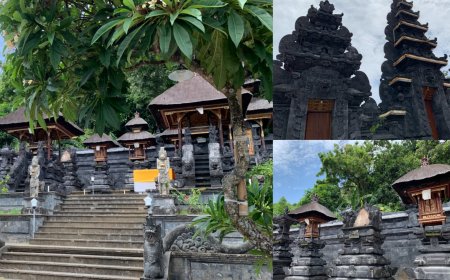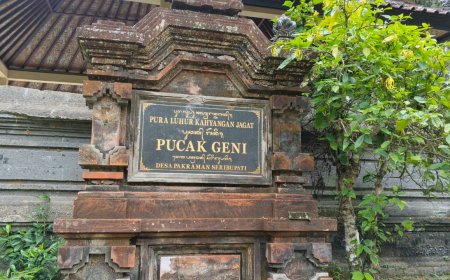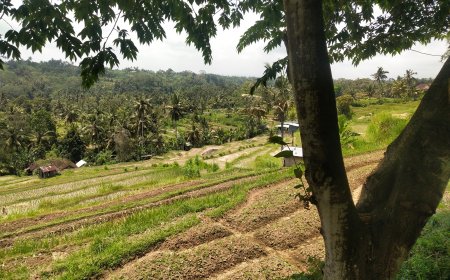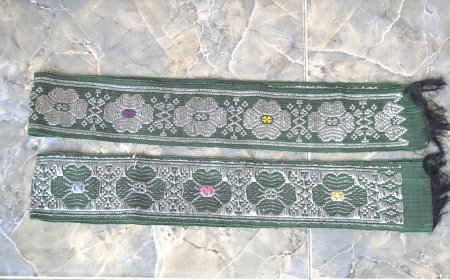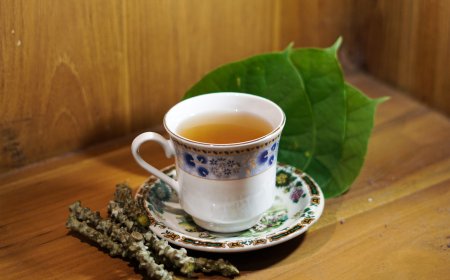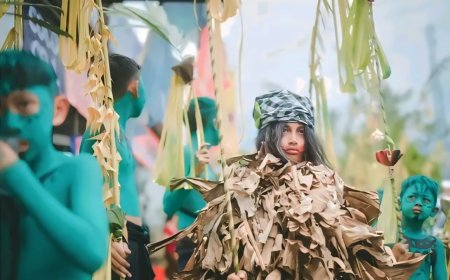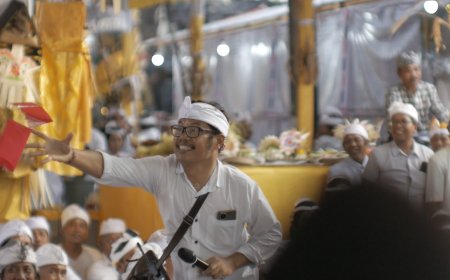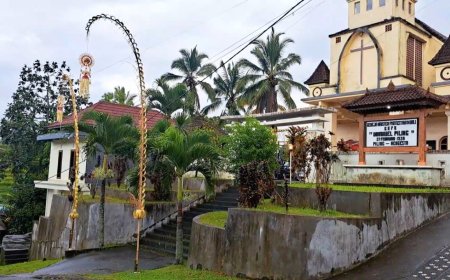Exploring the Uniqueness of the Ngerebek Tradition Kukuh Traditional Village
The ngerebek tradition is a unique tradition in the Kukuh traditional village, which has meaning for the Kukuh community as a feeling of gratitude and joy.
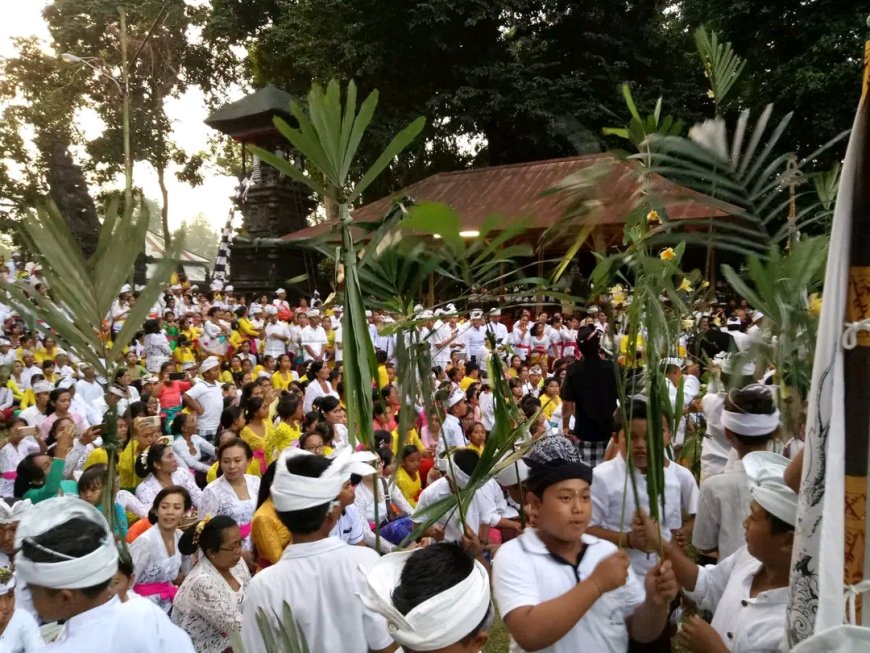
Kukuh traditional village, an area located in the interior of Bali, precisely in Marga sub-district, Tabanan regency which contains a diversity of cultures and traditions. One tradition that stands out and attracts attention is the ngerebek tradition, a traditional ceremony that is passed down from generation to generation. This tradition is not only an important part of the village's history, but also reflects the lives of people who still adhere to traditional values.
Ngerebek literally means greget, but the meaning for the local community is a feeling of gratitude and joy because the tradition can continue to be carried out. The tradition of ngerebek is carried out by the community at the time of a new birth, piodalan (temple anniversary) or wedding party. The tradition of ngerebek is also carried out during the Anggara Kasih Medangsia or a week after the Galungan and Kuningan holidays.
Before the ngerebek tradition is carried out, the krama performs the mepeed gebongan accompanied by patapakan barong ket and barong landung which are scattered in each traditional banjar. This Ngerebek tradition has to be completed between day and night meetings or sanakala, because the community believes that later the diniskala will also carry out retaliation.
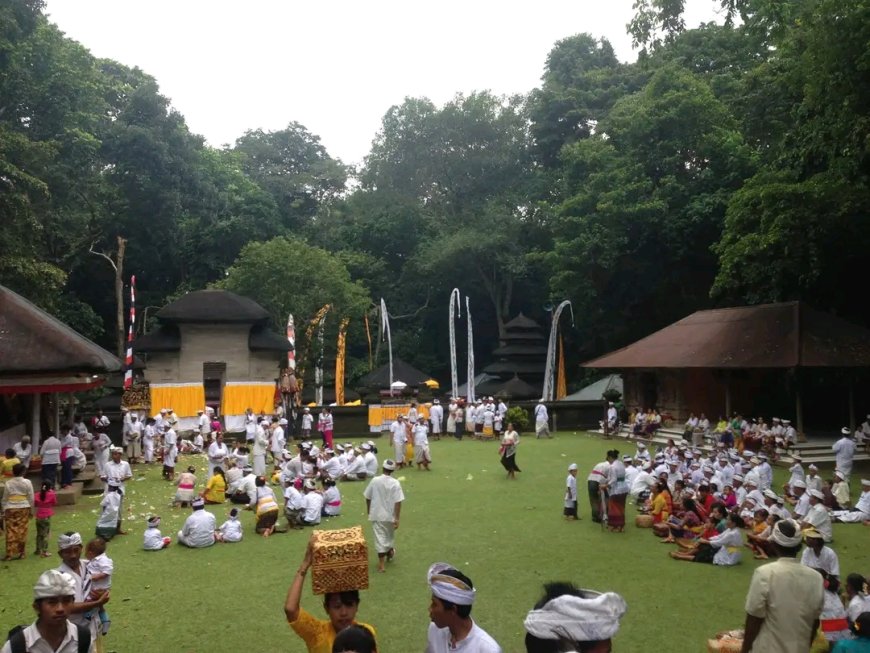
Ngerebek at the Piodalan event (Photo source: editorial collection)
The ngerebek procession begins with community preparations, where the local community will gather in a spirit of mutual cooperation to help with the preparations, starting from putting up decorations around the place where the ngerebek event will be held to arranging traditional art performances that will liven up the event.
During the ngerebek event, people wear traditional Balinese clothing with striking decorations. Don't forget, they also bring traditional musical instruments such as gamelan and dance with energetic movements. This procession is often accompanied by the tradition of throwing turmeric rice as a symbol of good luck.
The ngerebek tradition is followed by all people from children to adults, everyone participates in the ngerebek tradition.
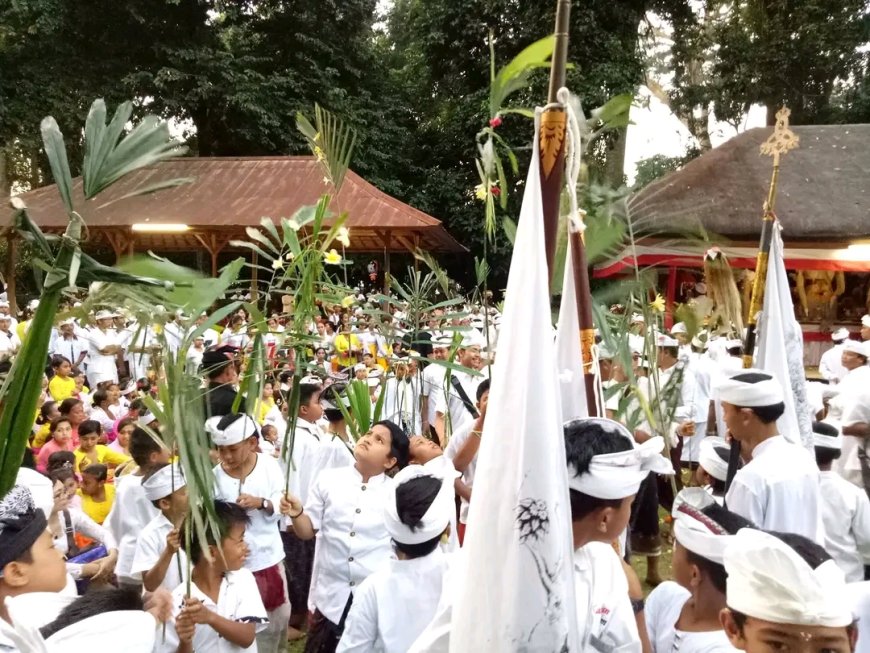
Ngerebek at the Piodalan event (Photo source: editorial collection)
Although the Kukuh Traditional Village tries to maintain the ngerebek tradition, the influence of modernization and social change cannot be avoided. The challenge of preserving traditional cultural heritage in facing the modern era is a struggle that must be overcome wisely.
Ngerebek not only has a positive impact on local communities, but is also an attraction for cultural tourism. Tourists who are interested in the unique local traditions often come to witness and participate in the ngerebek ceremony. This provides additional economic opportunities for the Kukuh Traditional Village.
By exploring the ngerebek tradition in Kukuh Traditional Village, we can also see how valuable cultural heritage is which is a strong glue for a community. A trip to this village not only offers beautiful natural panoramas, but also provides an in-depth experience of cultural riches that need to be preserved for future generations.



